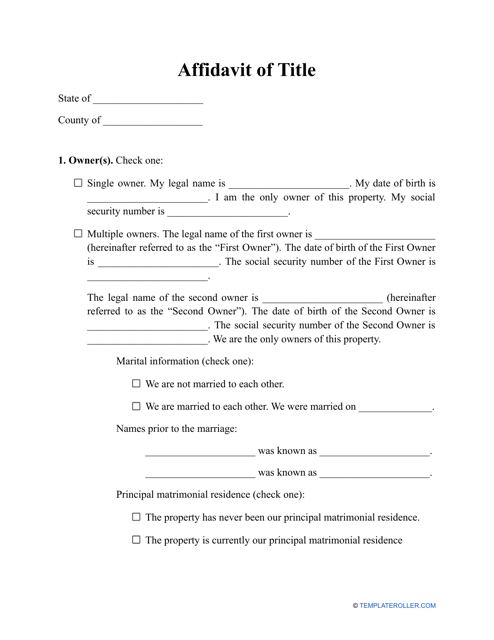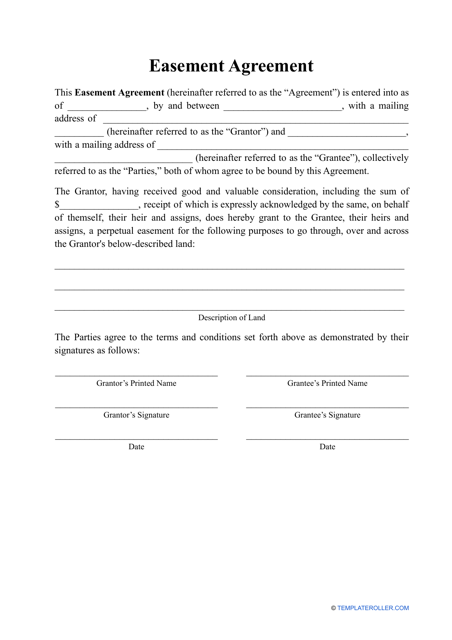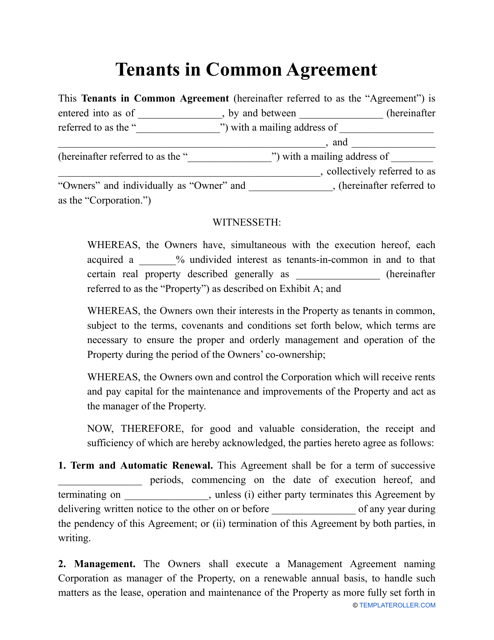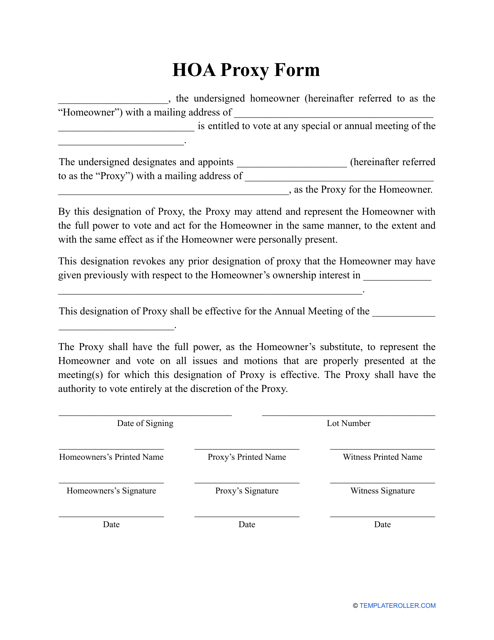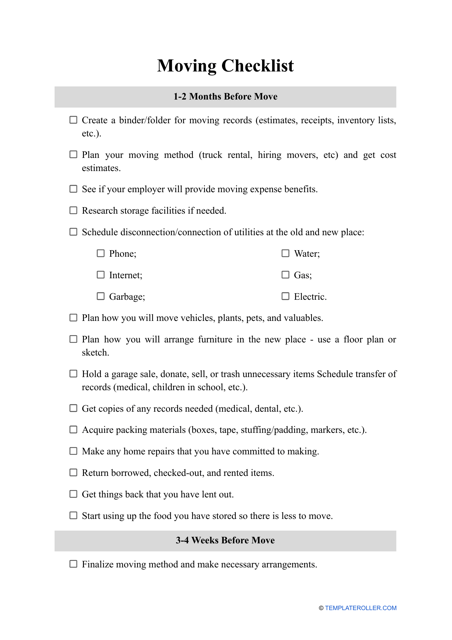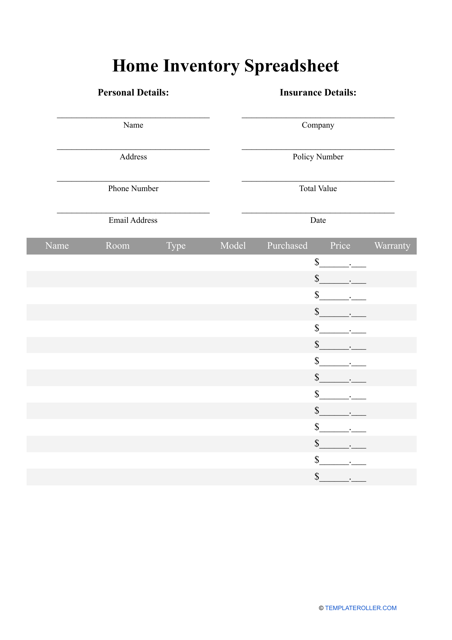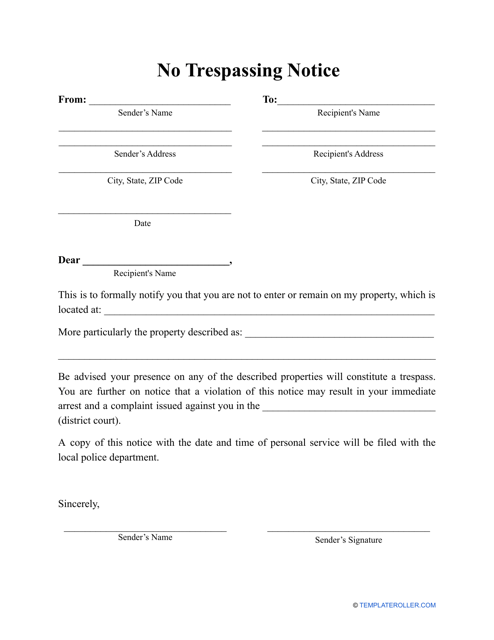Free Real Estate Forms for Homeowners
Real Estate Forms for Homeowners are documents that can be used to regulate a wide range of different questions that homeowners might face. They appear as a system of documents that are supposed to cover many inquiries related to managing and servicing real estate.
Homeowners can use Real Estate Forms to manage various issues that may develop during renting a property, renovating the property, moving into a new house, and so on. Before using one of these documents, the homeowner should check their state’s applicable laws in case there are any requirements for the content of the documents. Homeowner Real Estate Forms can be vaguely divided into three large groups. Each one of them focuses on a particular subject related to a homeowner’s opportunities, rights, and obligations, or to their property.
Managing Real Estate
The way a homeowner manages their property can determine how successful they are and how secure their ownership rights will be. In order not to get lost in this overwhelming process, they can check out the list of documents presented below.
- Beneficiary Deed. This legal document can be used when a homeowner wants to transfer their residential real property upon their death to a beneficiary named in the document.
- Affidavit of Title. If a homeowner wants to sell their property and needs to provide a document that will state the status of potential legal issues involving them or their real estate, they can use this type of affidavit.
- HOA Proxy Form. When a homeowner wants to appoint somebody else to represent them and vote for them at their Homeowners Association, they can use this type of document to get a proxy.
- Tenants in Common Agreement. The agreement can be used when several homeowners share ownership rights to a particular piece of real estate and want to regulate the relationship between themselves and their tenants.
- Easement Agreement. This homeowner real estate form is supposed to be used when one party uses the property of another party for a fee that they pay for the easement.
- Change of Address Form. Forms such as this can be used when a homeowner wants the United States Postal Service to reroute their mail to another property or location.
- Moving Checklist. This document can be used when a homeowner is getting ready to move and is trying to avoid forgetting anything that needs special packing, insurance coverage, etc.
- Home Inventory Spreadsheet. The spreadsheet can be applied to situations when a homeowner wants to file for home insurance and needs systematized data about all of the items they have in their home.
Servicing Your Property
This category of homeowner’s forms consists of a variety of contracts that can regulate the relationship between homeowners and contractors that provide different types of services. The services can be provided not only by entities but by individual contractors as well.
- Remodeling Contract. This contract can be used when a homeowner wants to establish a system of rights and obligations between them and a company that takes care of remodeling their real property. Remodeling real property includes upgrading any existing structures.
- Pool Service Contract. The document is supposed to regulate the relationship between a party that owns real estate with a pool, and a party that provides pool maintenance. Pool maintenance can include different types of cleaning, testing, and repair work.
- Construction Contract. To maintain the relationship between a construction company and a project owner, parties can use one of these templates. The contract should thoroughly describe the project that is supposed to be constructed and the types of work that must be performed.
- Painting Contract. This template can be applied to situations when a homeowner hires contractors to paint their house (or a room/rooms in their house). The contract details the painting work and other legal statements that the involved parties must follow.
- Lawn Care Contract. In this document, a contractor is obliged to take care of the homeowner’s lawn, while a homeowner is obliged to pay for the services. The contract can be used to maintain regular or one-time lawn care services.
- Landscaping Contract. When a homeowner wants to hire a contractor to design a landscape and garden project, develop constructions in accordance with it, and provide other services connected with landscape and garden maintenance, they can use this type of contract to perform and manage the nature of any work that needs to be done.
- Cleaning Service Contract. This agreement is supposed to legally bound a contractor to provide cleaning services to a homeowner accordingly to the conditions stated in the contract.
Real Estate Taxes for Homeowners
This group of articles provides essential information on different tax inquiries, as well as for instructions and documents that can be useful for homeowners. If a homeowner is looking into improving their tax benefits they should check out the articles presented below.
- Tax Deductions for Homeowners. Figure out if they are eligible for homeowner’s tax deductions and all of the information they need to apply for it.
- Home Office Tax Deductions. Find out about the home office tax deductions that certain small-business owners and entrepreneurs working from home may obtain.
- Personal-Use and Business-Use Property. Learn more about the advantages of converting property from personal use to business use and the steps you need to take to make it happen.
Not what you need? Check out these related topics:
Documents:
7
This form explicitly documents the status of any potential legal issues involving the seller and the property being transferred.
An Easement Agreement is a legal contract that allows one party to use the property of another party for a specific purpose and limited time.
The purpose of this agreement is to regulate the joint ownership of property where each of the involved parties owns a set share of the home.
This form is used to transfer the right to vote at a Homeowners Association (HOA) meeting to another person (a "proxy").
The purpose of this template is to systematize and list all of the things that an individual is supposed to take care of before, during, and after moving to their new place.
This is a spreadsheet that contains information about all of the possessions an individual has in their home.
An individual may fill out and send this type of template to someone who does not have a legal right to be present at a certain property.

